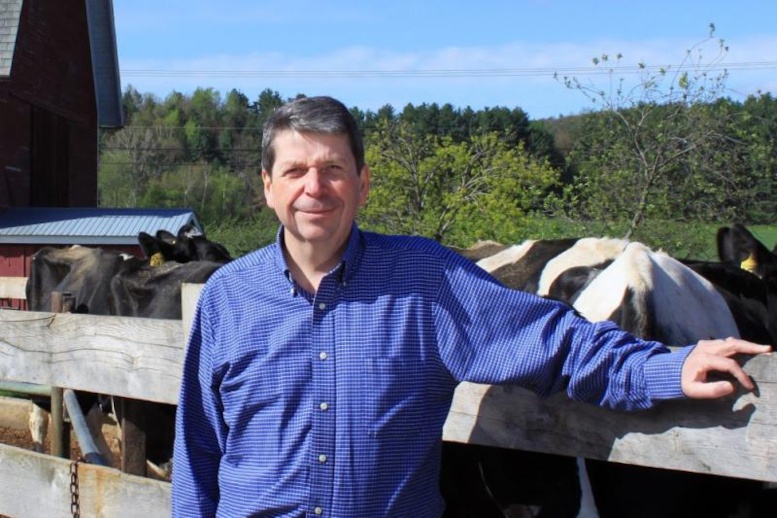Vermont is giving up on its hemp program less than one year after a state plan for the sector was approved by the U.S. Department of Agriculture (USDA).
The state’s farmers will operate directly under federal rules beginning next year after the state program, which received the federal farm agency’s approval in late 2021, ends in December 2022.
Anson Tebbetts, Secretary of the Vermont Agency of Agriculture, Food and Markets (VAAFM), informed the USDA of the decision in a letter earlier this month.
Vermont growers will need licenses from USDA’s Domestic Hemp Production program beginning Jan. 1, 2023, VAAFM said in a subsequent announcement.
In his letter, Tebbetts said “VAAFM appreciated the opportunity to operate a state hemp production program. It will continue to provide business support to producers and processors as it is able, and hopes the hemp grain, fiber and cannabinoid markets in the state continue to grow.”
Regulation of products
Tebbetts said the state will work with USDA in transitioning growers to the federal licensing system and will do outreach to potential 2023 licensees.
Regulatory oversight for the testing of hemp and hemp-infused products will remain with the state, but has been transferred from VAAFM to the Vermont Cannabis Control Board (CCB) as a result of legislation passed at the end of May. That law also gives the CCB authority to regulate synthetic and hemp-derived cannabinoids, including delta-8 and delta-10 THC products – which the agency has said it intends to ban pending safety research.
CCB is also the certifying authority for testing laboratories, and sets limits for contaminants in marijuana, hemp and infused products.
Early adopter
Hemp has been legal to grow in Vermont since 2013, before passage of the 2014 U.S. Farm Bill that allowed states to set up hemp farming pilots. The USDA’s pilot program, which Vermont later joined, eventually expired June 30, 2022.
After the 2018 Farm Bill legalized hemp nationally, state agriculture agencies were left to decide if they would form their own hemp programs or let stakeholders operate directly under the USDA. Vermont developed such a state plan governing registration, production, sampling and compliance rules for hemp, but apparently had second thoughts once the program got underway.
Boom, then crash
Some Vermont farmers found success in the height of the CBD boom in 2018, when biomass brought as much as $80,000-$130,000 per acre. A flood of new players rushed in the following year, which saw the number of Vermont licensees double. By November 2019, prices across the USA had crashed to $25-$55 per pound as biomass supplies swelled, leading to a crash that continues to keep prices depressed.
According to the first-ever report on the sector released by USDA earlier this year, Vermont farmers planted 1,100 acres and harvested 1,080 acres of hemp in 2021.
The legal market for recreational marijuana in Vermont launches in October of this year.

